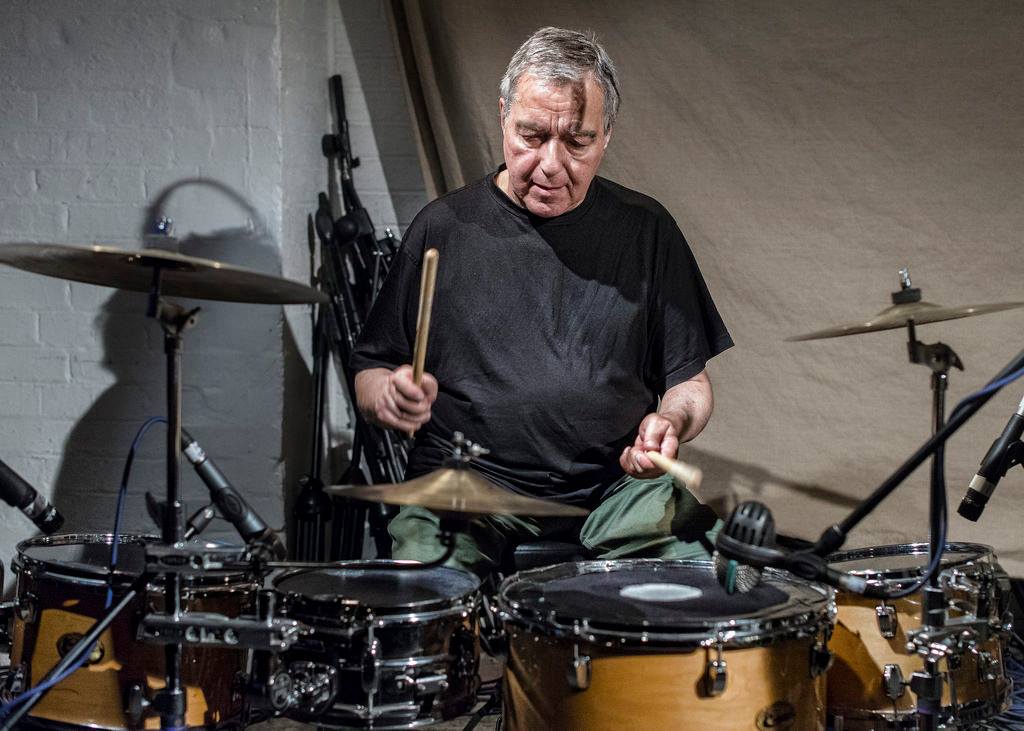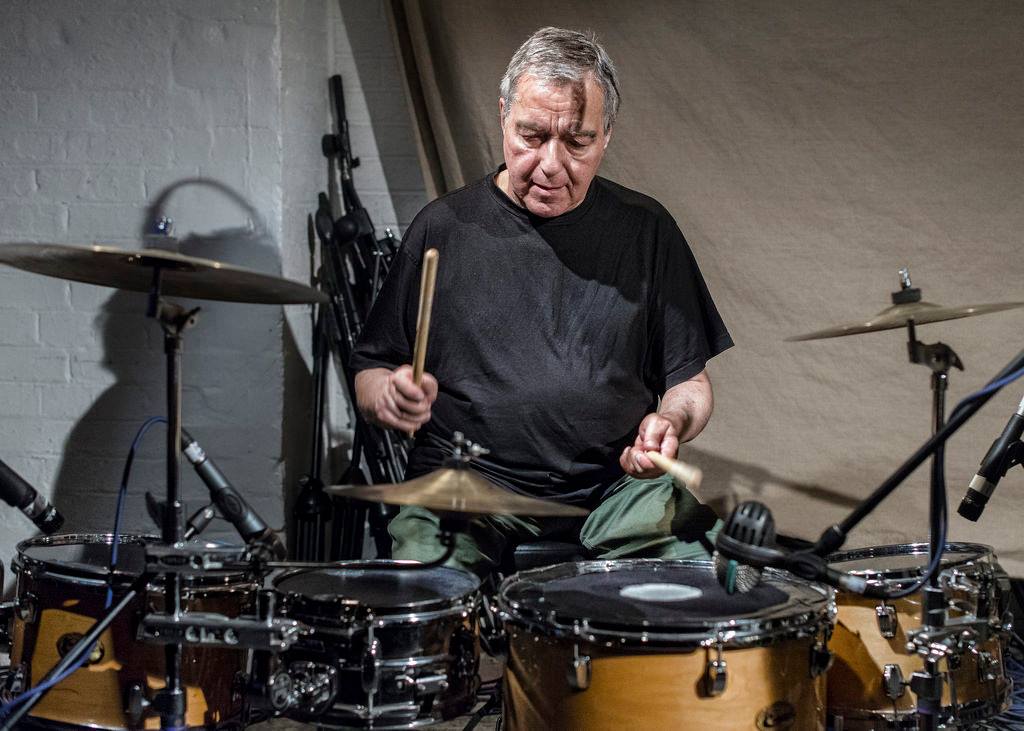facebook.com Jaki Liebezeit, drummer for the German rock band Can, died of pneumonia on Jan. 22 at 78 years old.
The late 1960s and early 70s was a time of cultural revolution in postwar Germany. This is especially apparent when looking at the hugely influential experimental music to come out of the country at the time. German progressive rock bands such as Amon Düül, Neu! and Can built a pantheon of innovative psychedelic rock music out of the rubble that the country was left in after World War II. These bands redefined rock music and inspired artists for decades to come.
Jaki Liebezeit, drummer and founding member of Can, died Jan. 22 at the age of 78. Liebezeit came down with a sudden case of pneumonia, and according to the band’s official Facebook page, “He fell asleep peacefully, surrounded by his loved ones.”
Liebezeit’s signature style of drumming is defined by rigid, meticulousness and steady, metronomic repetition. Known by many as “half man, half machine,” the mind-expanding pulsations and rhythms he contributed to Can coined a new musical term called Motorik, which translates to motor skill in English. The mechanical repetition of Motorik drumming has since been incorporated by countless rock bands to follow in Can’s enormous footsteps. In addition to influencing rock and roll, Liebezeit’s trademark 4/4 groove is largely responsible for what was later used in techno and hip-hop music. Many artists in those genres have sampled Can’s music including Kanye West on his song, “Drunk and Hot Girls.”
In the documentary titled, “Krautrock: The Rebirth of Germany,” rock legend Iggy Pop commented on Motorik by saying, “The drummer was playing in a way that when you listened to it, [it] allowed your thoughts to flow. Allowed emotions to come from within and occupy the active parts of your mind. Allowed beauty.”
Beginning his career as a jazz drummer, Liebezeit eventually met Holger Czukay and Irmin Schmidt, two students of Avant Garde classical composer, Karlheinz Stockhausen. Together with Michael Karoli and American sculptor Malcolm Mooney, the all-star team created Can and the world of rock and roll was changed forever.
facebook.com Liebezeit was best known for his fast, unique drumming style called “motorik.”
Following his 12-album-long journey playing in Can, Liebezeit eventually branched out and began a series of solo and collaborative musical projects. He played the drums together with Phil Collins on Brian Eno’s “Before and After Science.” He was also featured on Eurythmics’ “In the Garden.” He recorded several albums with bassist Jah Wobble and he also created his own solo project called “Drums off Chaos.”
Liebezeit’s long and prosperous life as a musician will forever be reflected in modern music of nearly all kinds. He left behind a legacy that will long outlive him, and his memory will be cherished by friends, family and fans alike.





![[Both photos courtesy of sonoma.edu]
Ming-Ting Mike Lee stepped in as the new SSU president following Sakakis resignation in July 2022](https://sonomastatestar.com/wp-content/uploads/2024/04/CC4520AB-22A7-41B2-9F6F-2A2D5F76A28C-1200x1200.jpeg)




























